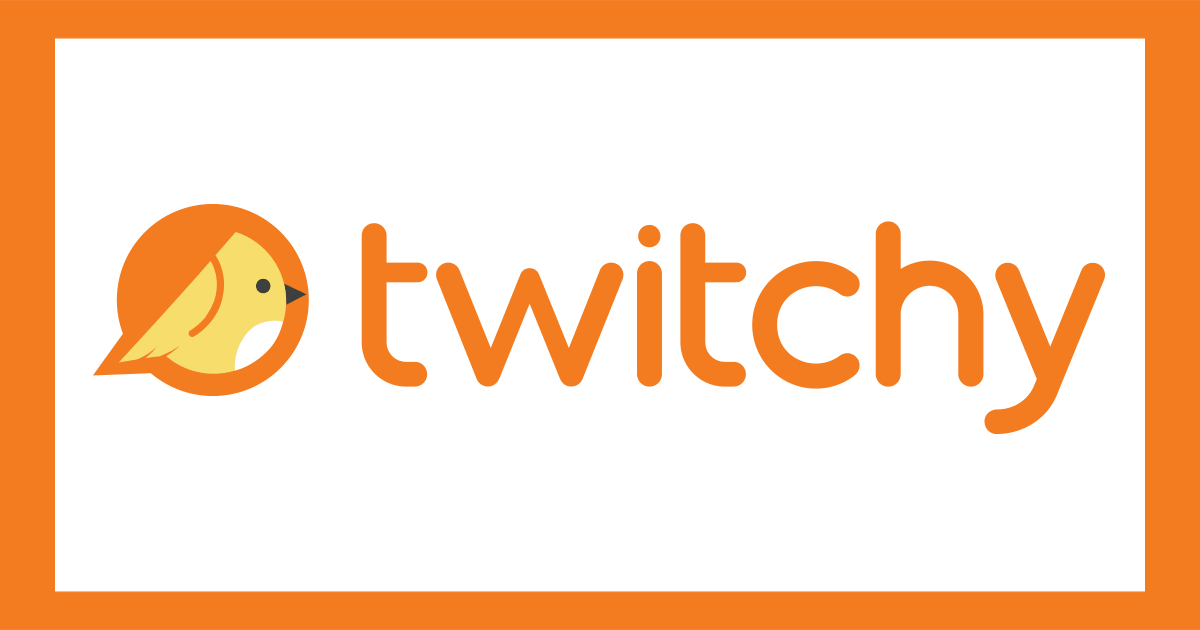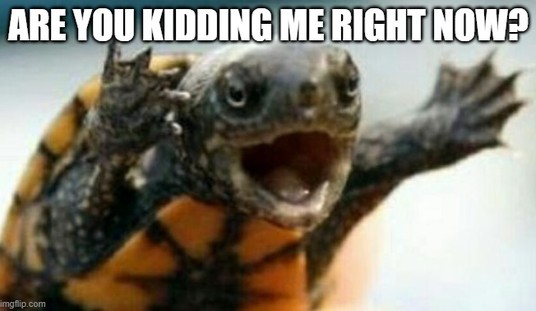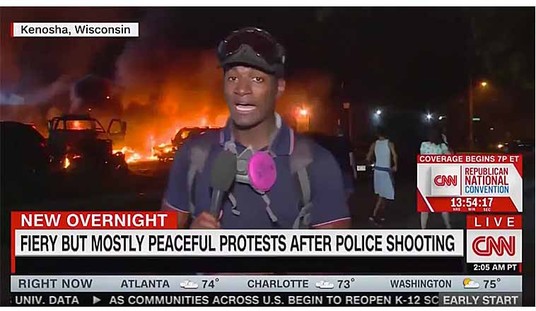By now, you’ve probably heard about BuzzFeed News shutting down. Just came outta nowhere, right?
Anyway, news of BuzzFeed’s demise comes at a very interesting time. Because it just so happens that The Atlantic has a new piece today written by former BuzzFeed editor in chief Ben Smith (the piece is actually adapted from Smith’s aptly named forthcoming book “Traffic: Genius, Rivalry, and Delusion in the Billion-Dollar Race to Go Viral”) about his decision to publish the bogus Steele dossier back when he was running the show.
Ben Smith has a piece in the Atlantic today on why he was right to publish the Steele Dossier in BuzzFeed. Somewhat karmic coincidence. https://t.co/pojDgVV2u7
— Noam Blum (@neontaster) April 20, 2023
Never forget that it was Buzzfeed News that published the steaming pile of trash that was the Steele Dossier. pic.twitter.com/rsHWfJLc9I
— Steve Guest (@SteveGuest) April 20, 2023
With a little help from David Brock, no less:
Ben Smith says Dem operative David Brock mentioned the Steele dossier to him during a meeting in Dec. 2016. https://t.co/XJmXUa1GDA pic.twitter.com/xXBXSlvT3n
— Chuck Ross (@ChuckRossDC) April 20, 2023
And of course, David Brock would have to be involved somehow. And he was. https://t.co/JH6C1qDnNE
— Byron York (@ByronYork) April 20, 2023
Anything for clicks! No, seriously. Ben Smith did this for clicks. Because if you keep something a secret, how can you get clicks?
Ben Smith, who published the Steele dossier in 2017, says some journalists were angry he let the public see the dossier's full allegations against Trump. One complained it made sensational Trump-Russia charges 'less serious and credible.' Indeed, it did.
https://t.co/5tVjWyj3gA pic.twitter.com/AadFBE1LKD— Byron York (@ByronYork) April 20, 2023
Let the record show that Smith is immensely proud of himself.
Imagine the alternative, a world in which the American public knows that there is a secret document making murky allegations that the president-elect has been compromised, a document that is being investigated by the FBI, that the president-elect and the outgoing president have been briefed on, and that everyone who is anyone has seen—but that they can’t. This would, if anything, produce darker speculation. It might have made the allegations seem more credible than they were.
We faced a difficult series of lawsuits, but we won them all, in part because we’d maintained our journalistic distance. We argued, successfully, that we were not making these claims ourselves; we were making the “fair report” of what amounted to a government document. We’d published the dossier while holding it at arm’s length, noting that we hadn’t been able to verify or knock down its claims—even if we had inadvertently launched a million conspiracy theories in the process.
…
I have no pat conclusion. If I had to do it again, I would publish the dossier—we couldn’t suppress it, not once CNN had discussed it and its implications on air. But I would hold more tightly to the document, so that no one could read it without reading what we knew about it—that we weren’t sure it was true, and in fact we had noticed errors in it. Releasing a document that could be shared without context—and this is as true of the WikiLeaks material as it is of the dossier—created partisan symbols, not crowdsourced analysis.
In technical terms, that means I wouldn’t simply publish it as a PDF, destined to float free from our earnest caveats. At best, we could have published the document as screenshots attached to the context we had and the context we would learn. Perhaps in some small way, this would have limited its transformation from a set of claims into a banner of the “resistance.” But I’m not under the illusion that journalists could have contained its wildfire spread, any more than I think we could have concealed it.
I’m now leading a news organization, Semafor, that is also rooted in transparency. But I no longer think transparency means that journalists can be simple conduits for facts, obscuring our own points of view, leaving our audiences to figure it out. The best we can do, I think, is to lay our cards on the table in separate piles: Here are the facts, and here’s what we think they mean—and to retain some humility about the difference between the two.
If Semafor is half the “news organization” that BuzzFeed was, well, let’s just say that Semafor employees shouldn’t get business cards printed just yet.
***
Related:
***
Do you enjoy Twitchy’s conservative reporting taking on the radical left and woke media? Support our work so that we can continue to bring you the truth. Join Twitchy VIP and use the promo code SAVEAMERICA to get 40% off your VIP membership!























Join the conversation as a VIP Member